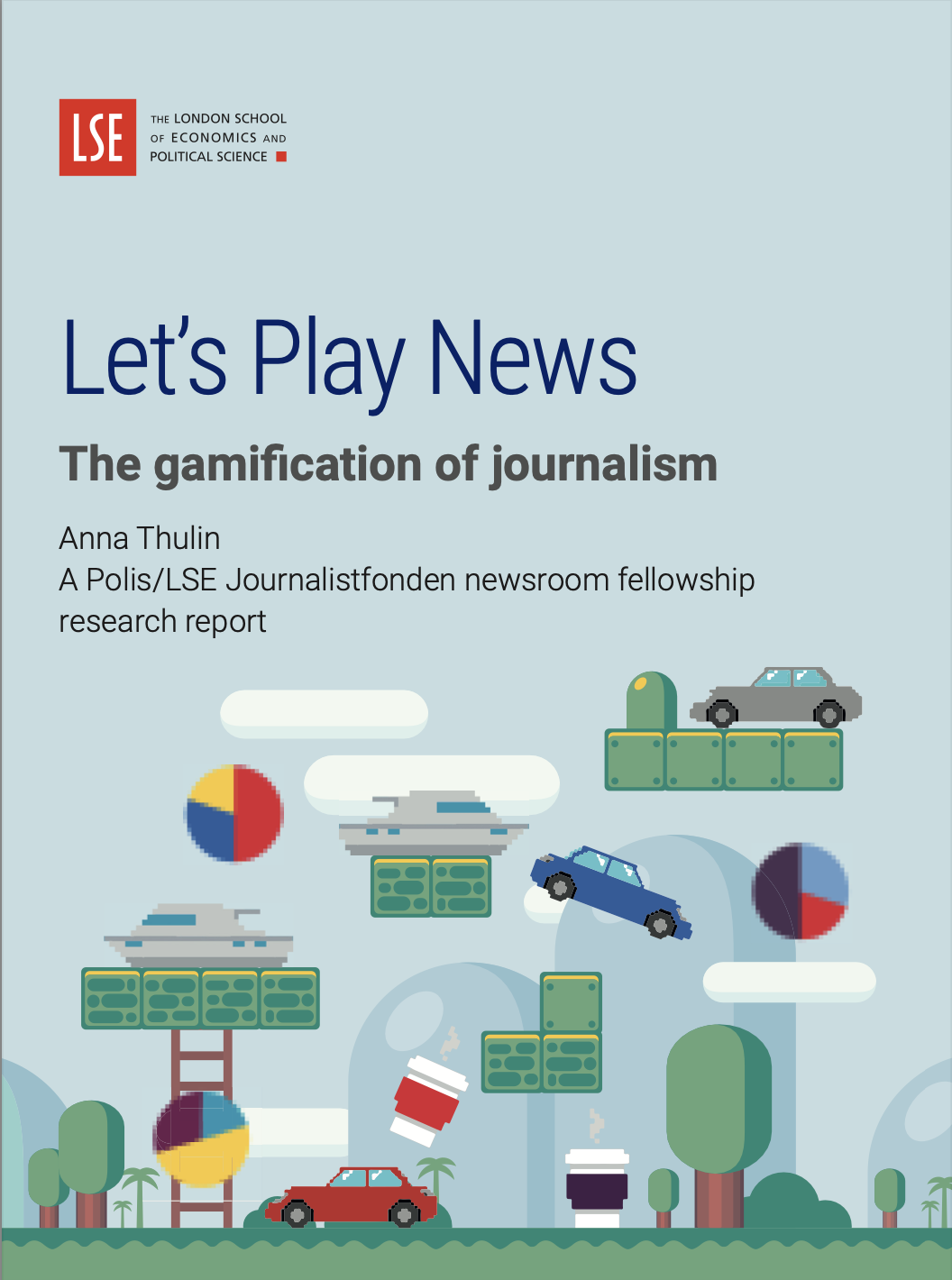Blimey, Polis has become influential on a global scale. On the day that we have an event warning about naive assumptions about the Internet and Democracy, Google ends its collaboration with censorship in China!
Alright, so there was no causal link between our digital democracy talk by Evgency Morozov and today’s news, but it was certainly topical. You can read Morozov’s general argument here, and he has responded directly to the Google move here:
“They knew pretty well what they were getting into. Now it seems they are playing the innocence card … It’s like they thought they were dealing with the government of Switzerland and suddenly realised it was China”
In brief, he says that Google is acting cynically. He says that this is, in effect, a stunt to gain Google some moral kudos for defending its users, which acts as cover for the fact that it is not making money in China and is compromising its brand.
I agree with much of Evgeny’s analysis of the Google move, except for one point. He points out that they had “Only 30%” of the market? Well, I think most companies would give their right arms for only 30% of just about any Chinese market. But then, Google usually has something nearer 90%.
I also suspect that Google was, in a sense, naive. When they first went into China they realised that they were compromising but I doubt they were so conscious of the wider political and commercial context and where that compromise might lead. Until recently Google as a company has not had a very sophisticated capacity for analysing those kind of external issues as they relate to their business.
For me, this is still something of a mystery, because it doesn’t make 100% sense either as an idealistic gesture or a cynical ploy to exit a difficult market. Although Larry Dignan makes a very plausible commercial case there that Google will gain because it will safeguard the trust of its customers elsewhere in the world.
You can read Google’s own detailed explanation here.
So what does it all signify for the wider debate about the Internet and Democracy? I am generally a digital optimist, although I agree with Evgeny that the process of change is going to be slower and more complex than some had hoped. In SuperMedia I made it clear that you can’t rely on the technology, it’s politics that changes things in the real world.
But after a visit to Shanghai (I know, hardly representative of China as a whole), I tentatively argued that the very fact of the authorities having to engage with burgeoning online discussion indicated that the Internet was having a gradual, structural effect. Although, I felt that it was commercial social media rather than direct online political campaigning that would drive any shift in Chinese discourse.
One sub-text of this story which could have long-term implications is the way that American politicians are intervening in the Google-China dispute. The fact that Hillary Clinton has called upon China to secure its cyberspace is bound to rile Beijing. Suddenly, US-based Google is finding itself part of a wider economic and cultural war between America and China.
The US Government also intervened with Twitter at the height of the protests in Iran last year. As Morozov pointed out in his Polis talk, we may have a lot of sympathy with the motivations of such actions, but as soon as the White House treats them as diplomatic tools, they can seriously back-fire. In Tehran their intervention allowed the authorities to claim that any online activism was directed by the State Department.
So what happens next? In the short term it is obvious that Google needs China much more than vice versa. But in the longer term this kind of stand-off does not further China’s hope to be taken seriously as a global player in digital commerce.
Politically, it confirms the Morozov thesis that the Internet can help rather than hinder authoritarianism. While the economic good times continue in China, Google’s exit is not a problem for Beijing. Google was a little more open than other search engines in China, despite its compromise. When (if?) it is gone freedom will be diminished marginally.
But I remain hopeful that the Internet does provide the resources for more people in China to know what is going on and to work for different outcomes. In the end, if the Internet is to produce reform in China it will be because of domestic efforts, not because of foreign companies or diplomats.
Very good update on this by Fons Tuinstra here




Great post about Google. Keep up the good work.
The status of data as a vector of social change has been analysed in a recent essay by Google’s head of comms (http://www.futureagenda.org/?cat=18). He tries to depict key trends in the next decade for information-sharing, which is indeed a fundamental topic in our globalised world.